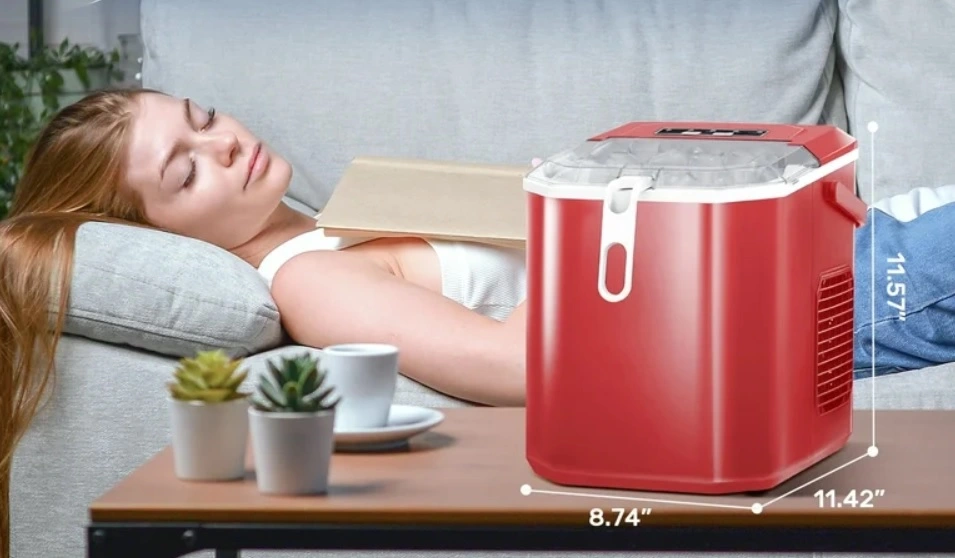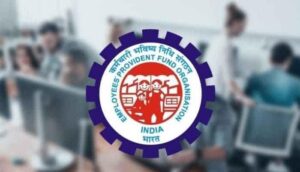
The Ice Machine Whisperer: How to Keep Your Ice Makers Running Efficiently
In the food service and hospitality sectors, ice machines are essential yet often overlooked components that keep beverages refreshing and food items preserved. To ensure these machines operate at peak efficiency and longevity, regular maintenance and care are crucial. By following some key maintenance steps, you can avoid costly repairs and downtime, ensuring your machines continue to support your business smoothly for years to come.
The Importance of Regular Cleaning
Maintaining the cleanliness of your ice machine is critical. Over time, contaminants such as scale, mold, and bacteria can accumulate, compromising ice quality and machine performance. Regular cleaning involves scrubbing the ice bin and other components with warm water and a mild detergent to remove these impurities. Additionally, sanitizing the machine according to the manufacturer’s guidelines is essential to maintain hygiene standards. This not only ensures efficient operation but also guarantees the health and safety of your customers.
Water Filters: The Key to Pure Ice
Water filters play a pivotal role in the quality of ice produced by your machine. Over time, these filters can become clogged with minerals and particles, leading to reduced water flow and ice quality. Regularly checking and replacing the water filter as per the manufacturer’s instructions is crucial. This practice ensures the production of pure, high-quality ice and prevents scale buildup, which can damage the machine over time.
Coil Maintenance for Optimal Performance
The condenser and evaporator coils in your ice machine are vital for efficient cooling. These coils dissipate heat and facilitate the refrigeration cycle. Dust and grime can accumulate on them, hindering their performance. Cleaning these coils every few months with a brush or vacuum is essential for maintaining the machine’s efficiency and extending its lifespan. This often-overlooked maintenance step is key to preventing excessive energy consumption and ensuring smooth operation.
Regular Inspections to Prevent Major Issues
Just like any other mechanical equipment, ice machines require regular inspections to detect potential issues before they escalate. Components such as the motor, compressor, and valves should be routinely checked for wear and tear. Monitoring and refilling coolant levels as needed is also important for optimal cooling performance. Scheduling professional technician inspections and servicing at least twice a year can help identify and fix minor problems before they become costly repairs, prolonging the life of your machine.
Temperature Regulation for Efficiency
Maintaining proper temperature regulation is crucial for your ice machine’s efficiency and longevity. If the machine operates in a hot environment or near heat-generating equipment, it has to work harder to produce ice, leading to increased wear and tear. Placing the machine in a cool, well-ventilated area helps maintain consistent temperatures and reduces operational strain. Ensuring the machine operates within the recommended temperature range is vital for efficient and long-lasting performance.
Energy-Efficient Practices
Incorporating energy-efficient practices in the daily use of your ice machine can make a significant difference. Simple steps such as turning off the machine when not in use, ensuring proper ventilation, and avoiding overloading can enhance performance and efficiency. An energy-efficient ice machine not only saves on electricity bills but also reduces the environmental impact of your business operations. These practices help your machine run smoothly while being kinder to the planet.
Synergy with Commercial Freezers
For businesses utilizing both ice machines and commercial freezers, synchronizing their maintenance schedules can optimize your cold storage solutions. Regular upkeep of both systems ensures they operate efficiently without overburdening one another. This synergy helps manage energy consumption and prevents unnecessary strain on either system, promoting overall efficiency and reliability.
Conclusion
Diligent maintenance of your machines is essential for operational efficiency and longevity. By regularly cleaning and sanitizing, maintaining water filters and coils, conducting inspections, regulating temperature, and adopting energy-efficient practices, you can ensure your machines run smoothly and effectively. Proper care not only avoids costly repairs and downtime but also supports a sustainable and efficient business operation.





